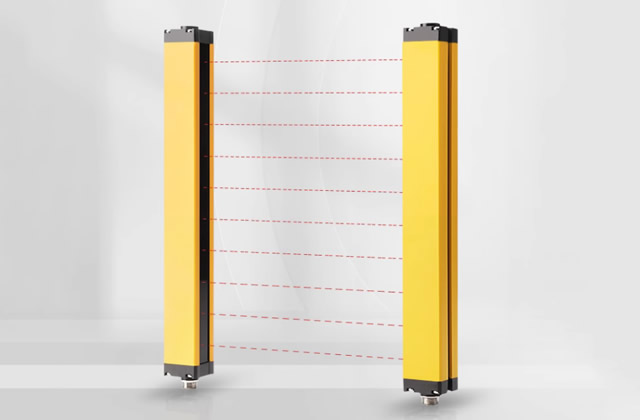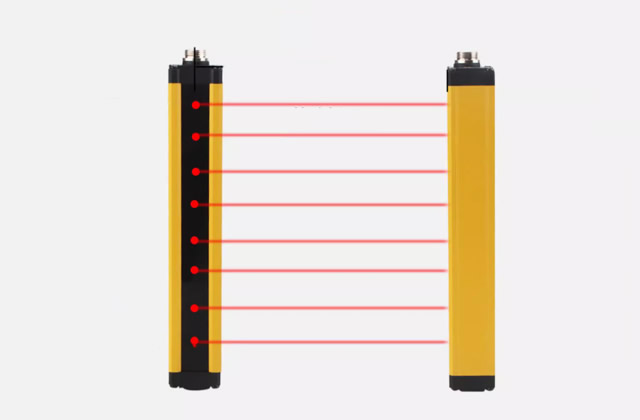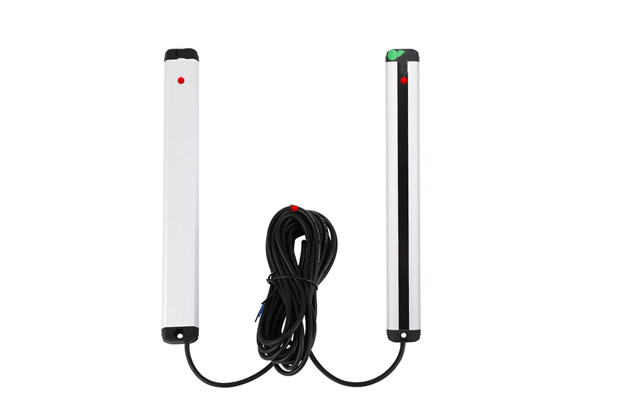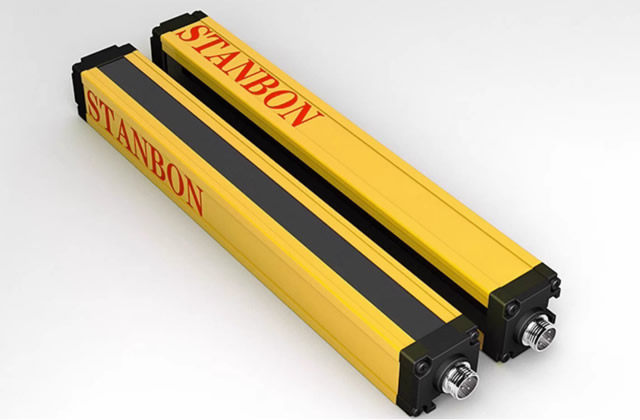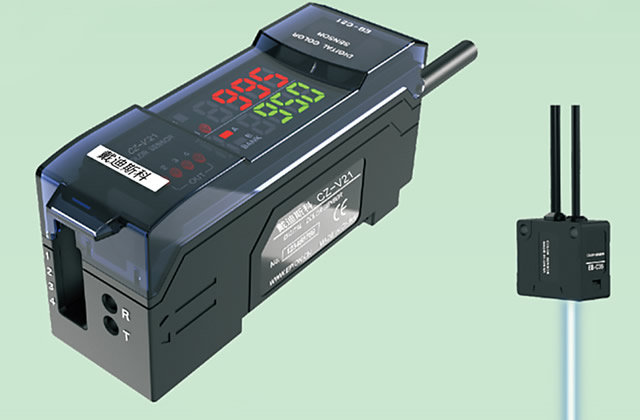1. What is a sensor?
The national standard GB7665-87 defines a sensor as: “a sensor that can feel the specified measured value and follow certain rules (mathematical functions). A device or device that converts a signal into a usable signal, usually consisting of a sensitive element and a conversion element.”
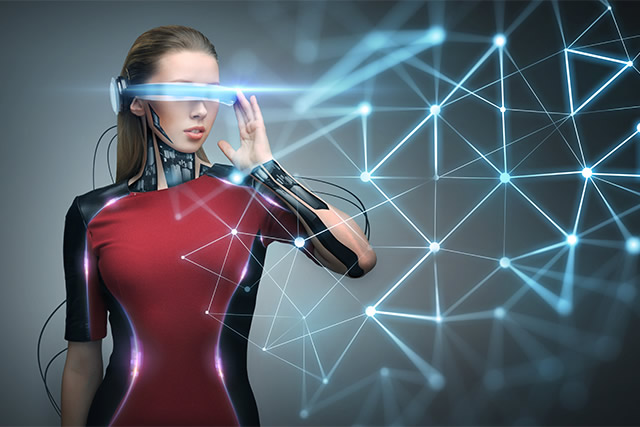
A sensor is a detection device that can sense the information being measured, and can convert the sensed information into electrical signals or other required forms of information output according to certain rules to meet the needs of information transmission, processing, and storage. , display, recording and control requirements. The characteristics of sensors include: miniaturization, digitization, intelligence, multi-function, systematization, and networking. Sensors are usually divided into ten categories according to their basic sensing functions: heat sensors, light sensors, gas sensors, force sensors, magnetic sensors, moisture sensors, sound sensors, radiation sensors, color sensors and taste sensors. .
2. Sensor Principle
The working principle of the sensor is to convert a specific measured signal into a certain signal according to certain rules through sensitive components and conversion components. “Available signals” and output to meet the requirements for information transmission, processing, recording, display and control. Sensors can sense physical quantities such as force, temperature, light, sound, chemical components, etc., and convert them into electrical quantities such as voltage and current according to certain rules, or into the on-off of a circuit. Generally composed of sensitive components and conversion components. Sensors are the primary link in realizing automatic detection and automatic control. The existence and development of sensors give objects senses such as touch, taste, and smell, making objects slowly become alive.
3. What are the applications of sensors?
Sensors have already penetrated into areas such as industrial production, space development, ocean exploration, environmental protection, resource surveys, medical diagnosis, Bioengineering, even cultural relics protection and other extremely broad fields. It is no exaggeration to say that from the vast space to the vast ocean to various complex engineering systems, almost every modern project is inseparable from various sensors.
1. Application in smart agriculture
Due to the particularity of the environment, most agricultural projects are carried out in the fields, and calibration operations are very inconvenient. Labor costs are also very high, so the requirements for sensor data stability are very high. Smart sensors are the most effective type of sensors.
2. Application in industrial automation
In modern industryIn industrial production, especially automated production processes, various sensors are used to monitor and control various parameters in the production process, so that the equipment can work in normal or optimal conditions, and the products can achieve the best quality. It can be said that without excellent smart sensors, industrial automation would be impossible.
3. Application in robots
Today’s robots have human-like limbs and sensory functions, a certain degree of intelligence, and action programs. It is flexible and can work without relying on human control, and all of this is indispensable to the sensor. The sensor is an important helper for the robot to sense the outside world.
4. Application in smart medical care
With the development of smart sensors, medical smart sensors are used as five sense organs to pick up vital sign information. increasingly prominent and widely used. For example, in image processing, clinical chemistry testing, monitoring of vital sign parameters, diagnosis and treatment of respiratory, neurological, and cardiovascular diseases, smart sensors play an irreplaceable role. In the future, they will be almost ubiquitous in modern medical equipment.
5. Application in smart home appliances
Smart homes are a major trend in the future, and smart home appliances will be essential products for many families. Smart sensors can be used in many home appliances in the future, such as TV series, fans, air conditioners, washing machines, clothes dryers, refrigerators, wardrobes, etc. They are the basic device for communication between people and home appliances, and also form the basis of the home Internet of Things.
It can be seen that the important role of sensor technology in developing the economy and promoting social progress is very obvious. Countries around the world attach great importance to the development of this field. I believe that in the near future, sensor technology will take a leap forward and reach a new level commensurate with its important status.
If the website content violates your rights, please contact us to delete it。




